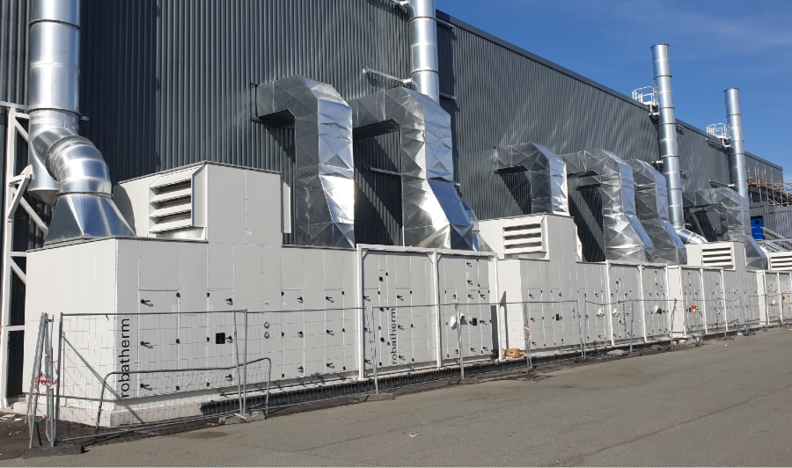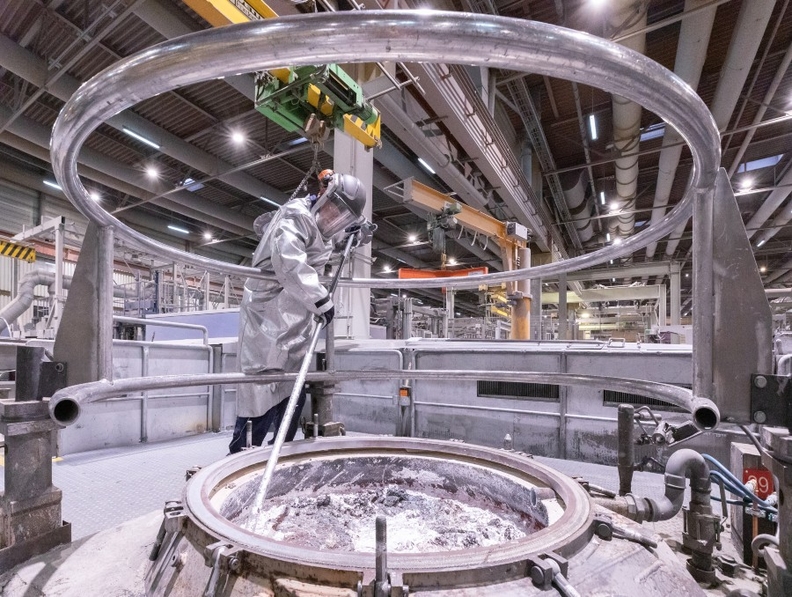PARIS -- Europe’s automakers have already shown they can pivot to electric powertrains from combustion engines. Now, they need to prove they can decarbonize their entire value chain, from suppliers to production to the full-vehicle life cycle.
Working under the EU’s target of complete carbon neutrality by 2050 -- a stricter standard than any other region -- automakers that produce in the region are finding ways large and small to cut emissions, with ideas coming from both the shop floor and advanced R&D labs.
"It’s much more severe in Europe," David Palmer, vice president of Toyota Motor Manufacturing France, who leads Toyota’s decarbonization efforts across its European factories, said of the regulatory burden around emissions. "The expectation from a legislation point of view is higher, as well as from a reporting point of view."
Toyota, which has large assembly plants in the Czech Republic, France, the U.K. and Turkey, has committed to reaching carbon neutrality in Europe by 2040, with a focus on Scope 1 neutrality (emissions from its own sources) at its European factories by 2030 – five years ahead of Toyota’s global goals.
The automaker says it has already eliminated Scope 2 emissions (from energy it uses) across Europe, by buying only green energy to power its factories and other facilities -- although Palmer noted that it still produces greenhouse gases.








